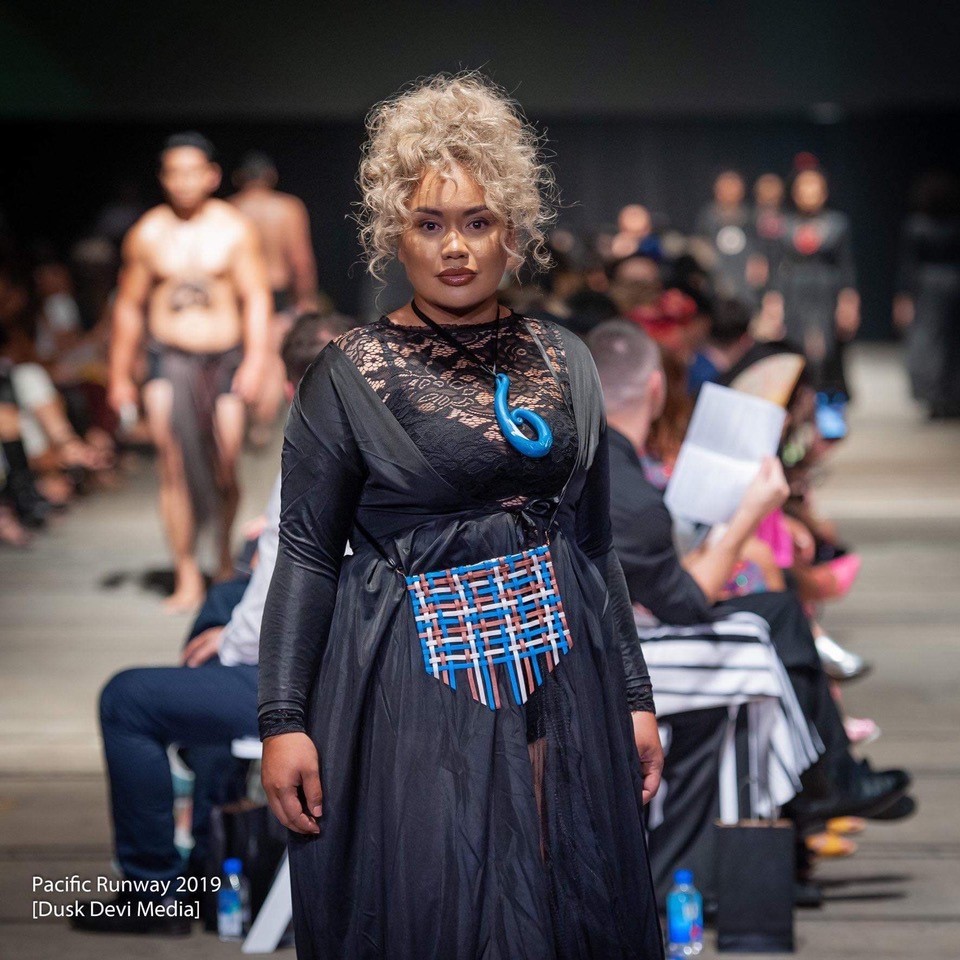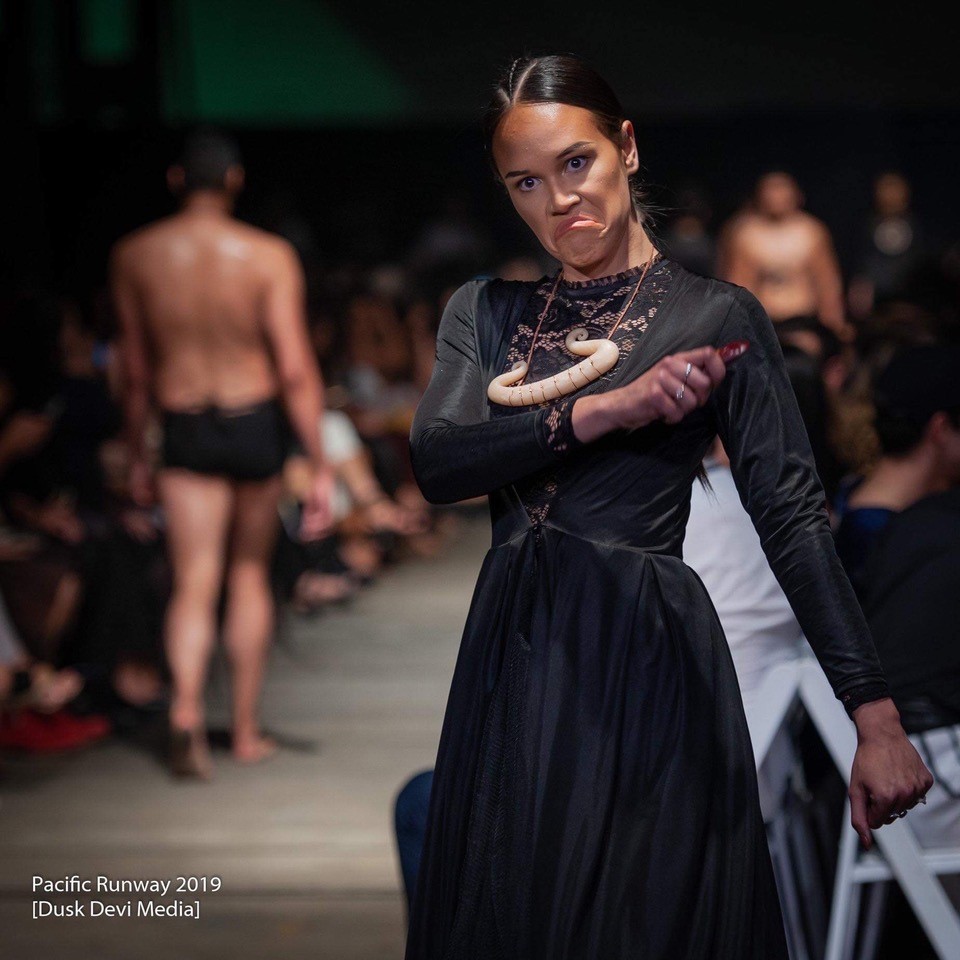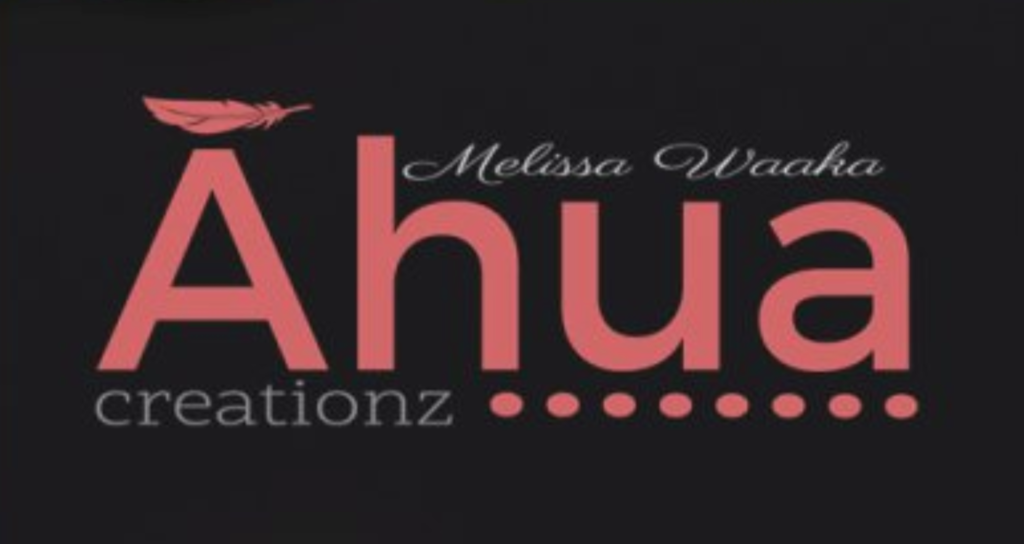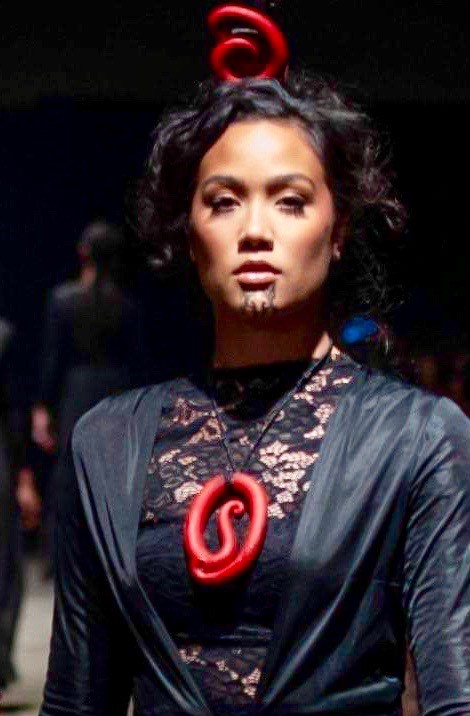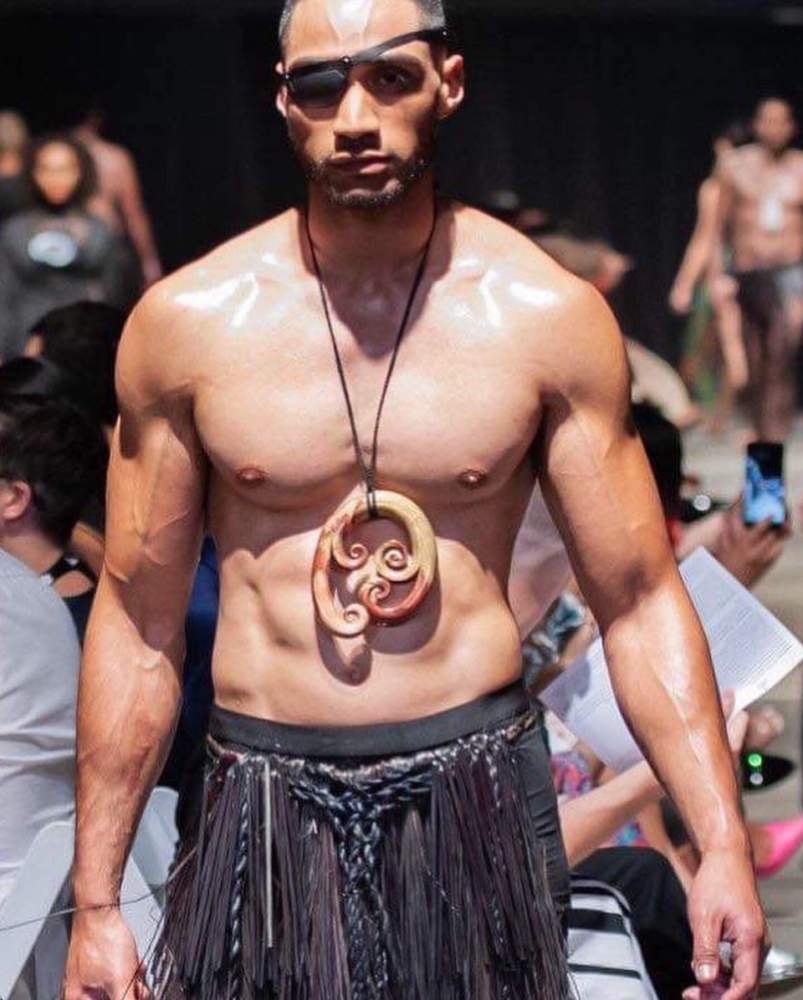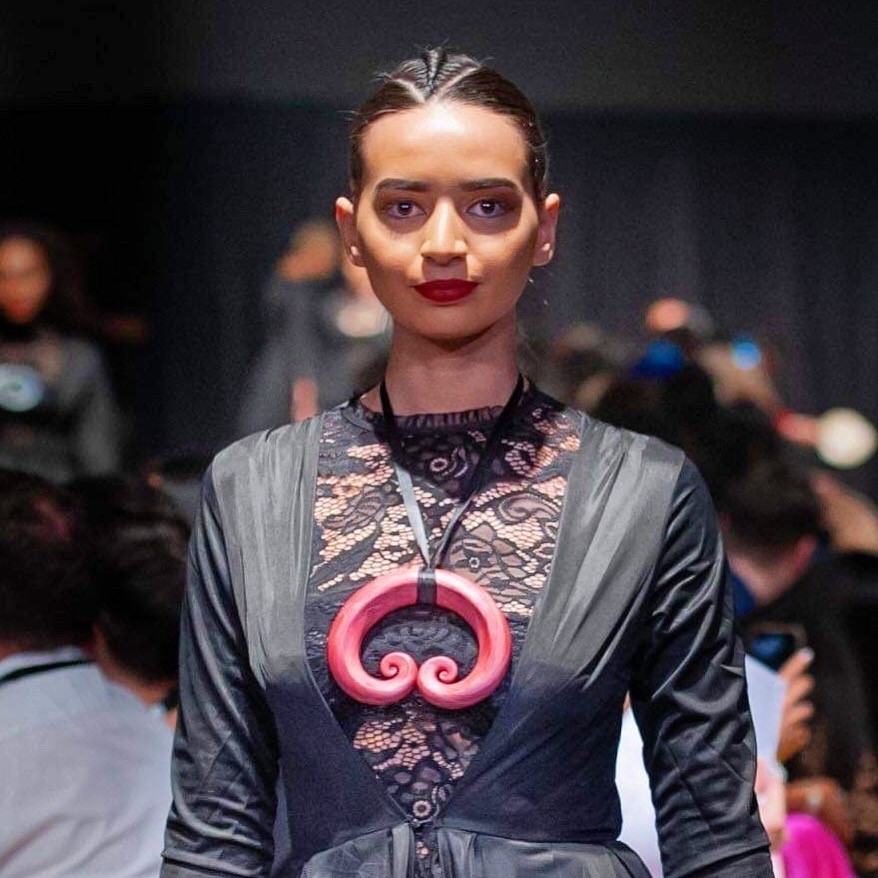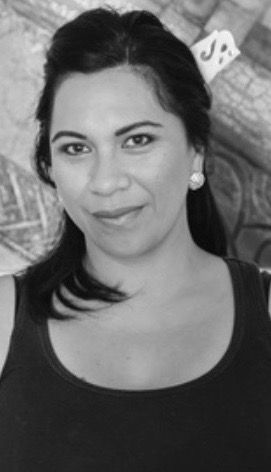Rotorua’s Melissa Waaka had been living in Australia for over twenty years. But following a relationship breakdown, the mother-of-three, with one on the way, packed her family’s belongings and returned to Rotorua, in hope she’d have support.
However, she says it was a lot harder than she expected. Melissa was blown away by expensive house rentals and was forced to stay with various family members for brief periods.
“There was really no other option than find a place of our own. But going to all these real estate agents as a single mum with three kids and pregnant just didn’t work. I felt homeless but too proud to reach out because you don’t want to tell people you’re in dire straits.”
Her childhood friend, and Te Arawa Whānau Ora paeārahi, Christine Frost, connected Melissa with a colleague Hinehou Stoneham, who quickly became her strongest support system.
“Hinehou was just a soldier from day one. She tried to get us emergency accommodation, but we kept getting knocked back. I ended up contacting a friend of mine who works in real estate. I’d come across a house which was decent, affordable, and didn’t have mould. I knew she worked for the company and asked her for help. I’ve no doubt it was through her recommendation they even considered me, otherwise I wouldn’t have got a look in.
“The first week I moved into the house all this food was left here. And it was Hinehou. She’d gone through an organisation who gives food to families who needed help. She also arranged a house assessment through Healthy Homes. They organised heating because it was cold and brought sheets and all sorts. Hinehou’s just a trooper and my angel when I needed it.”
The pair wrote Melissa a plan going forward, which included finding a decent job to pay the bills, sending her kids to school and feeding them.
Shortly after, Hinehou contacted Melissa about a role with Rotorua Police, similar to her job in Australia. She’d worked for the New South Wales Police Force as a multi-cultural community liaison office, where she would mediate between community leaders and elders. They worked on the job application, with 100 per cent support from her former commander in Australia. And didn’t make the cut.
“I thought I’d have a little bit of a chance, but I didn’t even get an interview. I was surprised and disappointed because I’d already held that role and it would’ve been nice to work with my own people.”
Melissa contemplated her next move. She’d created clay jewellery as a hobby for 15 years and decided, ‘stuff it. I’ll buy some clay and start making jewellery.”
Melissa changed her plan from finding work to building her own business.
“Every spare bit of money I got, I’d buy clay and slowly create jewellery. I started showing people and they’d buy them. I also successfully applied to showcase my creations at the Pacific Runway fashion show in Sydney. I felt my creations were going to take off but didn’t have the finances to push it to the next level.”
Hinehou told Melissa to write a wishlist of what she needed for her business and helped her apply for Whānau Direct funding. Hinehou rang suppliers for business cards, display boxes, banners and clay.
“I was getting myself out there at events and wanted to look professional. My first event was the Aronui Māori Market in Ōhinemutu, and the Riff Film Festival the following week.
“It was interesting because I grew up in Ōhinemutu until I was about 16. I was raised by my nan for the first part of my life. Going home, I didn’t know what to expect. But I was overwhelmed by the attention I got and the number of people who messaged me afterwards to see my work.
“I didn’t necessarily sell lots of pieces but for me it’s not even about the money. It’s about the conversation. It’s about engaging people. We’ve all got a journey we’ve been on.”
Melissa says her mind’s much clearer than when she started the Te Arawa Whānau Ora programme.
“I’m in a better headspace relationship-wise concerning my children, concerning my past relationship, and concerning where I’m going with this. I’ve come to a point in my life where I need to go to the next level.
“I couldn’t have gotten to the level of my craft if I was in Australia. There’s just something about being home and connecting your art, particularly your Māori art, to the whenua. Coming home has been about our health and wellbeing. People say you need money to have that, but I don’t believe it. Although I’m not earning as much as I’d hoped for, mentally and physically my children and I are in a better space.”
Melissa is now looking at exiting the Te Arawa Whānau Ora programme.
“They’ve helped me enough and I think it’s unfair to stay on the programme when there’s someone else in more need. When I look at where I was when I started, to now, I feel the need’s been filled. But I’d like to come back as a mentor and help others. That’s a way for me to give back.”
You can find Melissa and Ahua Creationz on Facebook.
